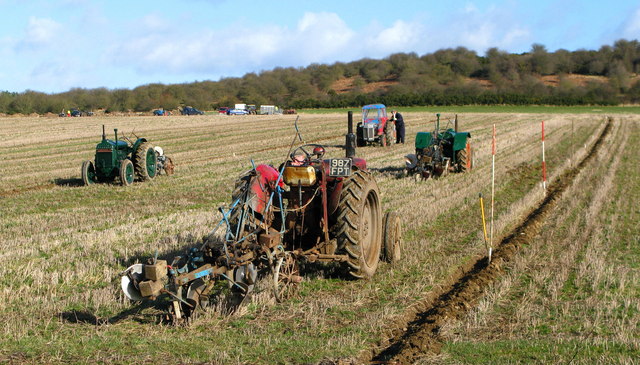Brexodus is now undeniably on its way, as EU workers leave Britain for safer shores. And our food and health could be at risk.

Brexodus seems to be on the way, with the number of European migrants entering Britain coming to their lowest since 2012.
According to the Office for National Statistics, net migration to Britain from other European Union nations is now as low as 87,000
The figures seem to point towards Brexit as the main cause, as EU migration peaked in June 2016 – at 189,000 – just before the referendum results were announced.
And migration from eastern European countries such as Poland, Lithuania and the Czech Republic, also known as the A8, was negative for the first time ever. An estimated 45,000 people arrived from nations that joined the EU during the 2004 enlargement. But a calculated 47,000 left Britain this year.
Best for Britain champion and Lib Dem MP Layla Moran commented on the figures saying:
“This should worry everyone as Theresa May’s agenda to make Britain an inhospitable environment has come true due to Brexit.
“These EU nationals work in hospitals as nurses, care for our grandparents and help make Britain a more open, tolerant and united country.”
And while Nigel Farage and his xenophobic pals might think this is boon for Britain, it couldn’t be further from the truth.
Key sector in Britain continue to function due to the recruitment of European workers.
Here are some of the areas immediately threatened by Brexodus:
Manufacturing
An estimated 11% of the manufacturing workforce is composed of EU nationals. That is 2.2 million Europeans working in Britain, which in turn make up for 45% of all UK exports.
Bosses have reported an increase in EU national leaving their jobs, with many worrying where they will find the needed staff. About two thirds of British manufacturing businesses have said they hire EU nationals because there is a deficit in British applicants or they lack the needed skills.
Farming
Earlier this year, farmers warned that British produce was being left to rot because there were not enough people to pick and harvest. The seasonal nature of the job attracts a lot more migrant workers than British nationals, but with the threat of Brexit many seem to be looking for this type of work within other countries of the single market.
Nursing
In April, it was announced that an estimated 4,000 nurses and midwives originating from the European Economic Area had left Britain in the past year. A mere 800 arrived in that time. English hospitals alone were rely on 22,000 EU nurses. And since 96% of trusts failed to meet their staffing quotas for nurses, the situation is only set to spiral with Brexodus.
Construction
In London alone, 28% of construction workers come from the EU countries. Across Britain the figure is closer to 7%. Meanwhile, according to a study published by the ONS in June, a fifth of UK nationals working in construction are over 55 years-old. Could Brexodus mean a stalling of construction work across the country?
And the problem is said to be far worse than expected since many workers are reluctant to fill in surveys.
Above all, what Brexodus seems to point to is that for all the government’s assurances that special visas will be issued to workers in areas of need, Britain’s hostile Brexit environment means no one wants to come here anyway.
Joana Ramiro is a reporter for Left Foot Forward. You can follow her on Twitter for all sorts of rants here.
Left Foot Forward doesn't have the backing of big business or billionaires. We rely on the kind and generous support of ordinary people like you.
You can support hard-hitting journalism that holds the right to account, provides a forum for debate among progressives, and covers the stories the rest of the media ignore. Donate today.



